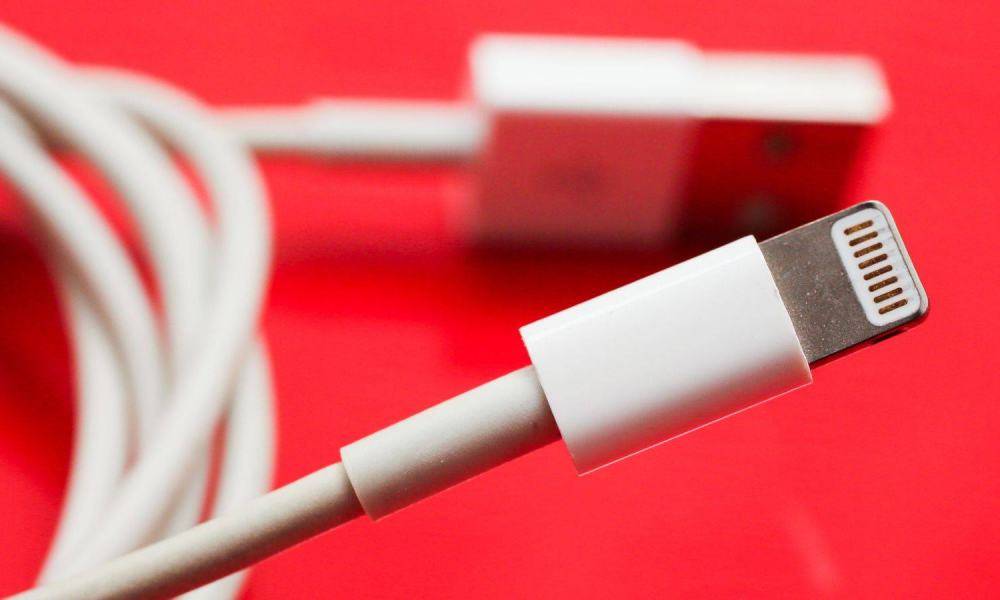Apple Will Be Forced to Adopt a Common Charging Standard in Europe
 Credit: CNET / Sarah Tew
Credit: CNET / Sarah Tew
Toggle Dark Mode
The European Union has been gently but persistently pushing manufacturers toward a common unified standard for charging electronic devices for more than a decade, but it seems that it’s finally decided to ramp up its efforts, with plans to turn its requests into actual regulations.
Following a report earlier this month that the European Commission was planning to debate the matter, it seems that they’ve overwhelmingly come to the conclusion that it’s time to stop relying on electronics vendors to voluntarily comply with its directives. According to Reuters, members of the European Parliament voted 582-40 in favour of a resolution urging the European Commission to draft new legislation that would enforce a common charging standard to ensure that European consumers are no longer required to buy new chargers whenever they buy a new device.
The primary aim of the EU here is to reduce and eliminate the e-waste produced by discarded chargers, and while the Commission acknowledged that voluntary agreements in the industry over the past several years had significantly reduced the number of different types of chargers, it still hadn’t resulted in one common standard.
Apple has of course stuck to its guns with its Lightning ports for almost eight years now, while most other manufacturers are slowly making the switch from micro-USB to USB-C — a standard that Apple has also adopted on its MacBooks and the iPad Pro, for entirely different reasons than a desire to standardize its connector.
‘An Urgent Need’
The resolution by the European Parliament says that there is now “an urgent need” for the EU to take actual regulatory action on the issue to both reduce e-waste and empower consumers to “fully participate in an efficient and well-functioning internal market.”
According to the resolution, around 50 million metric tons of e-waste is generated globally per year, with about 12.3 million metric tonnes of that coming from Europe, which the parliament says is “an unnecessary environmental footprint that can be reduced.”
In addition to standard wireless chargers, the resolution has also said that wireless charging could help to mitigate waste further, but called on the Commission to also regulate wireless chargers to ensure that they are completely interoperable across many different mobile devices. This should be less of a concern with the Qi standard already in place, but could affect the Apple Watch, which uses a proprietary wireless charging method.
The resolution has ordered the Commission to adopt new rules by July.
What This Means
For Apple users, not too much is likely to change in the short term, since even after the EU passes its new regulations, manufacturers will almost certainly be given a reasonable time frame to comply. It’s also not even clear yet which standard the European Commission will mandate, although it’s a pretty safe bet it’s not going to be Apple’s proprietary Lightning port.
Since the regulations have yet to be drafted, it’s also not certain how much wiggle room companies like Apple are going to have. The resolution calls for a common charger, which doesn’t necessary mean a common port. Apple famously got around this problem back in 2012 by offering a Lightning to Micro USB Adapter, which did allow the use of existing Micro USB chargers with iPhones equipped with Lightning ports, thereby reducing e-waste and saving users from having to purchase additional chargers. With Apple’s opposition to the EU’s proposed mandate, it’s very likely the company will still try to find whatever loopholes it can.
The open question will be whether the European Commission chooses to include detachable charging cables within the new regulations, rather than only the chargers themselves. At this point, almost all modern electronic devices have adopted removable USB cables as a charging standard, and new ones — including the adapter packed in with Apple’s new iPhone 11 Pro Max — now use USB-C.
If the EU’s new rules don’t apply to cables, Apple will mostly be able to continue doing business as usual, although if USB-C is selected as the new standard — which seems likely to be the case — then it may have to begin supplying USB-C chargers and cables with every product, all least for those sold in EU countries.
Mind you, if recent rumours about Apple’s future plans to ditch wired ports entirely are true, this whole issue may become irrelevant by the time the European Commission’s yet-to-be-drafted regulations actually come into force. Apple already supports the Qi wireless charging standard for everything except the Apple Watch, so it would be mostly in compliance there, and the elimination of a physical port would save it the need to support — and package — any kind of charger at all, which could be a strong motivation for Apple to accelerate its plans in that area.






